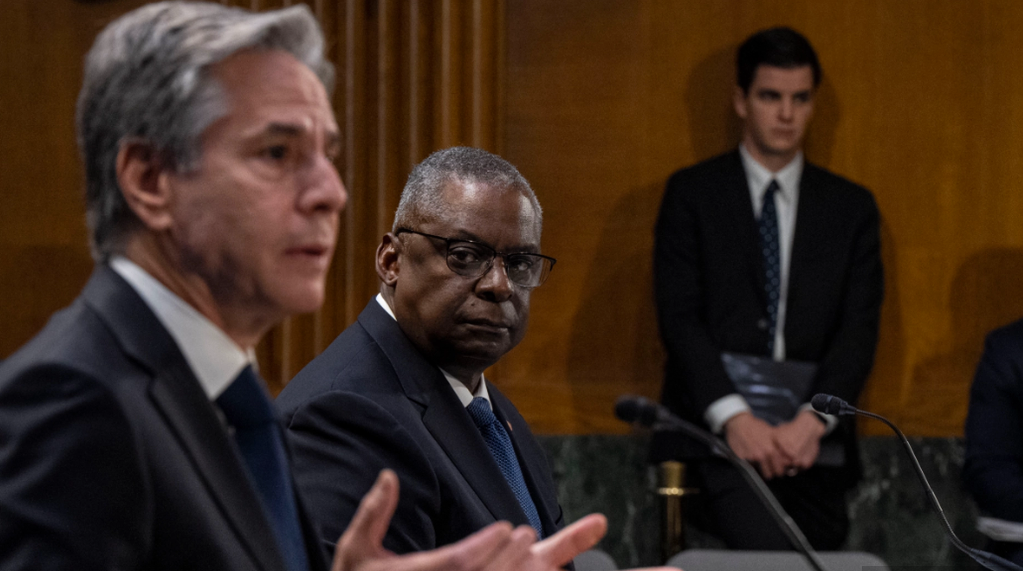The U.S. Senate has recently passed a bill to ban the import of enriched uranium from Russia.
Others are reading now
The U.S. Senate passed a bill on Tuesday evening to prohibit the import of enriched uranium from Russia, advancing the legislation to the White House, which has expressed support for halting these imports.
This development was reported by Bloomberg.
Details of the Legislation
The Prohibiting Russian Uranium Imports Act will prohibit U.S. imports of Russian uranium starting 90 days after it becomes law. The legislation also includes provisions for temporary waivers that extend until January 2028, allowing some flexibility in the transition away from Russian uranium.
Also read
Russia is the leading foreign supplier of enriched uranium to the United States, accounting for nearly a quarter of the uranium used in America’s over 90 commercial nuclear reactors. The annual financial benefit to Russia from these sales is estimated at around $1 billion.
The ban could increase the costs of enriched uranium by approximately 20%, presenting challenges for the U.S. energy sector.
White House Support
The White House has advocated for a “long-term ban” on Russian uranium imports to help establish a more self-sufficient domestic uranium industry. This initiative is part of a broader strategy to reduce American dependency on Russian energy supplies, especially in light of Moscow’s ongoing military actions in Ukraine.
Earlier this year, Congress allocated $2.7 billion to support the domestic uranium industry, contingent on the implementation of limitations on Russian uranium imports.
The White House has emphasized that reducing dependency on Russian uranium is a national security imperative.
The reliance on Russian uranium not only poses risks to the U.S. economy but also to the civil nuclear industry, which has been under additional strain due to Russia’s actions in Ukraine.

